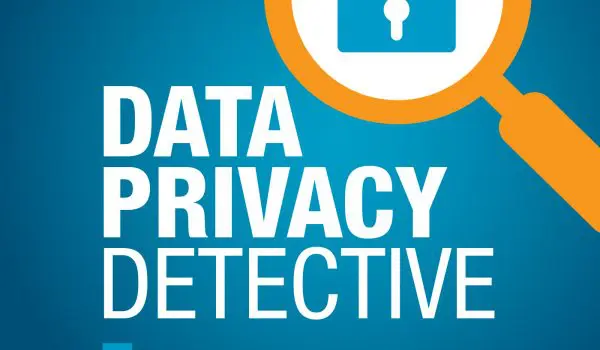Facial recognition. It’s a hot topic. Targeting, misidentification, and doxing – the dangers are real. So are the benefits – finding criminals and solving crimes, searching for relatives and old friends, researching history, conducting social research, sharing with friends over a lifetime.
Kashmir Hill’s penetrating cover article in the March 21, 2021 New York Times Magazine, “Your Face is Not Your Own,” details how our photos are scraped and used by companies far beyond what we imagine. Our images are available from public sources such as driver’s licenses. Many arise from our choice– through Facebook and Instagram postings, directories, newspapers, and other media sources. Some photos can be embarrassing, such as mug shots.
As the TV series Cheers’ theme song sang,
“Sometimes you want to go
Where everybody knows your name.”
But now it’s not just the neighborhood pub. It’s the internet, where everybody knows your name, and everybody can find your face.
What to do? Submit to everlasting fame or infamy (there are those photos…)?
That’s where scrubbing comes in. Scrubbing is the effort to erase or stop the spread of a digital posting. As Interfor International’s blog of March 2021 describes, you can try to erase or at minimize the circulation of images that you would rather not share with the world.
Scrubbing is a challenge. It can be expensive. Sites like DeleteMe, PrivacyDuck, and OneRep charge annual fees of $100 a year or more per person. These businesses will on an annual subscription basis work to opt you out of the sharing of your personal information by data brokerage sites. Data brokers gather and sell personal information to third parties for marketing, advertising, political and other uses. Most data brokers let individuals opt-out of their use of personal information. Unless an individual opts out, data brokers feel free to sell personal information. The data brokerage industry is not generally regulated in the United States or globally.
You could try a DIY approach by sending opt-out notices to data brokers and others to minimize the spread of your photos and other personal information. That will take a lot of time, and it will be an ongoing exercise. Interfor’s post above includes a link to a 12-page list of businesses that market personal information. No such list will ever be comprehensive, and it includes neither governments nor illicit ventures that would ignore your requests.
Some governments are beginning to limit the use of governmental facial recognition programs, including the State of Illinois. This arises from a concern that face-matching is not error-free. Mismatches could cause arrests of innocent people, and there is an abiding mistrust of big brother misuse of our biometrics. Absent governmental regulation, however, photos once released can probably never be erased. We may be the first generation in history to become permanently known by our images, whether we like it or not.
If you have ideas for more interviews or stories, please email info@thedataprivacydetective.com.

